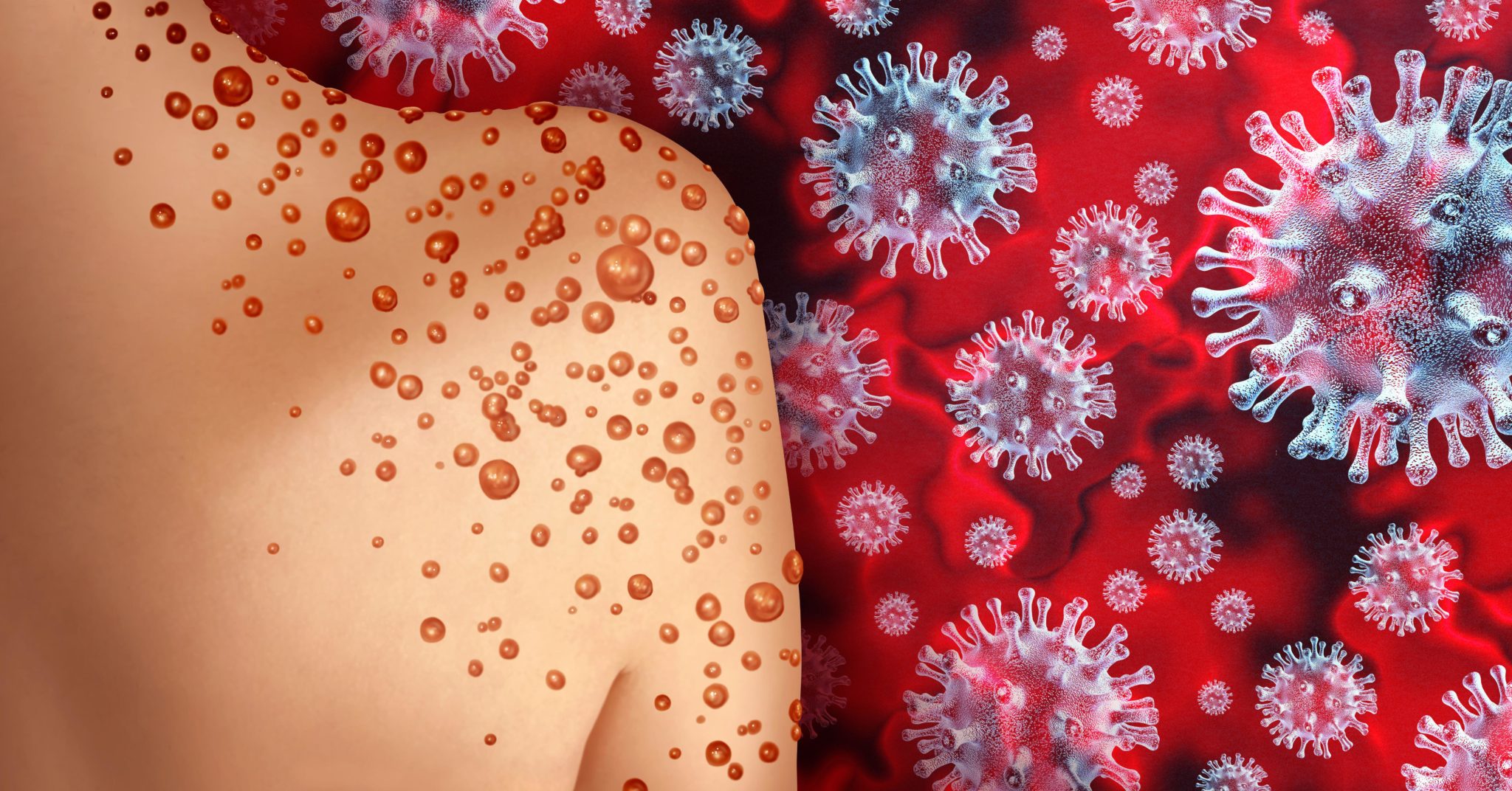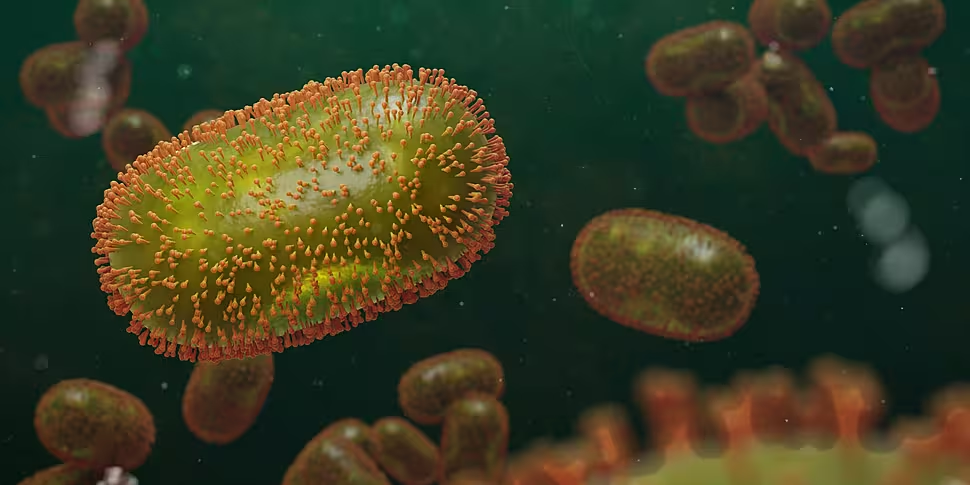Public health doctors are carrying out close contact tracing for Ireland’s second case of Monkeypox.
The HSE said the case, announced last night, was not unexpected given the outbreaks in the North, Britain and Europe.
Ireland’s first case was detected in the east of the country; however, the HSE has provided no details on the second case.
The HSE said more than 200 cases of the virus have been reported around the world in recent weeks.
The cases are ‘predominantly but not exclusively’ among men who have sex with men (MSM).
The HSE said anyone of any sexuality can catch monkeypox and the higher number of confirmed cases among MSM is likely due to the “positive health seeking behaviour” in this community.
 An illustration of a monkeypox virus outbreak. Picture by: Brain light / Alamy Stock Photo
An illustration of a monkeypox virus outbreak. Picture by: Brain light / Alamy Stock PhotoIt noted that monkeypox rashes can sometimes resemble some sexually transmitted diseases, including herpes and syphilis, which may explain why many of the initial cases were picked up at sexual health clinics.
Monkeypox primarily spreads through skin-to-skin contact and the HSE is urging the public to be alert to any unusual rashes or vesicular lesions on any part of their body – especially the genitalia.
If they notice any such changes on their or their partner’s body, they should contact their local STI clinic or GP.
Symptoms of monkeypox include:
- Itchy rash
- Fever greater 38.5C
- Headache
- Muscle aches
- Backache
- Swollen lymph nodes
- Chills
- Exhaustion
The rash starts as raised red spots that quickly change into little blisters.
It usually develops within one to three days to the start of the fever or other symptoms, but some people may only have a rash.
Sometimes the rash first appears on the face and spreads to the mouth, palms of the hands and soles of the feet; however, following sexual contact, the rash may be initially found near the genitals.
In the recent cases seen internationally, systemic symptoms have not always been a feature, and rash in the anogenital area may be the main symptom.
The rash goes through different stages before finally forming scabs which later fall off.
Yesterday, Infectious Diseases Professor Sam McConkey warned that monkeypox patients must not be ‘victimised and stigmatised’.
Meanwhile the has warned that monkeypox patients and close contacts may have to isolate for 21 days – including from their pets.









